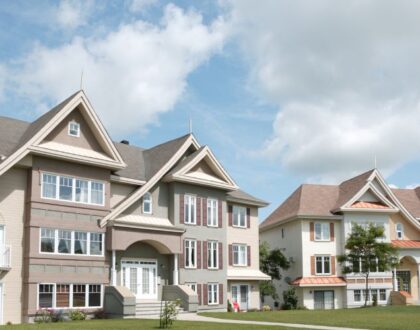What Does Condo Association Insurance Policy Cover? – Complete Information
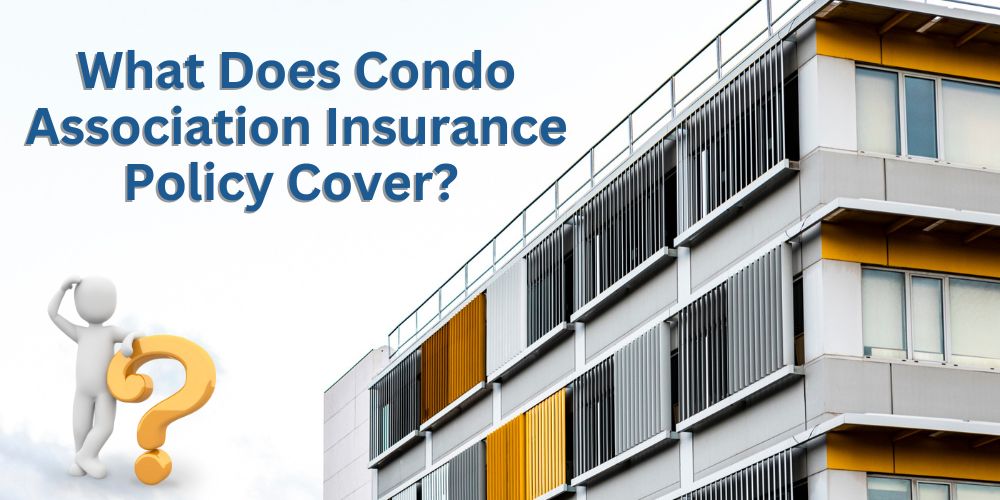
Condos require low maintenance and are typically more affordable than single-family houses. That’s why purchasing a condo has become a lifestyle choice. However, ensuring security and safeguarding the common areas and shared elements of the condo community against unforeseen events is one first thing that needs to be taken care of. But buying a condo association (HOA) insurance is a complex task that involves research and analysis before making the final decision.
Also known as an HOA Master Policy (Homeowners Association), a condo association insurance policy provides coverage for the shared property and the liability of the condo association.
Who Buys And Pays For Condo Association Insurance?
The governing body or organization responsible for managing and maintaining common areas, shared facilities, and the overall property in a community or condominium building buys the condo association insurance. Condo Association insurance or HOA insurance is also known as the master insurance policy. As you will see, there are other additions to this policy that the association is also responsible for. Typically, the cost of this policy is included with the HOA fees that the residents pay. In other words, the premium is divided equally among all the building’s inhabitants.
What Does a Condo Association Insurance Policy Cover?
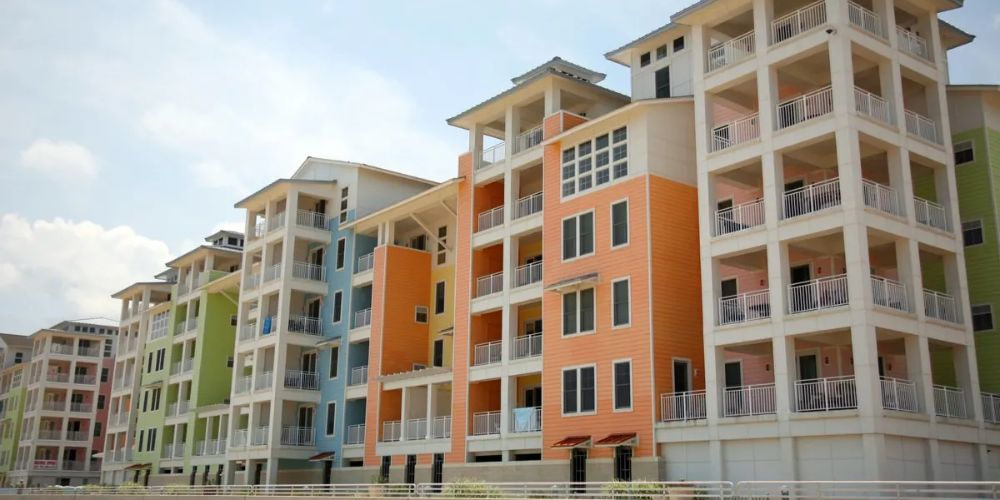
A condo association insurance policy covers liability claims, including medical and legal costs, that stem from incidents in the common areas and shared amenities. Here are some common items a condo association insurance covers:
- Typical The building has Common areas, including structures, roofs, hallways, elevators, stairways, lobbies, and other shared facilities.
- Injury/property damage claims from common area accidents/incidents.
- HOA board members and officers in case of lawsuits for alleged wrongdoing or mismanagement.
- Theft or embezzlement of funds by HOA employees or board members.
- Employees or contractors who are injured while working for the association.
- Unexpected breakdown of essential equipment, such as elevators or HVAC systems.
- Claims related to pollution or environmental damage, such as a spill of hazardous materials in common areas. An HOA insurance policy’s specific coverage and limits may vary depending on the policy terms, the size of the community, and the insurance provider. HOA boards should carefully review and understand their insurance policy with a qualified insurance provider to ensure adequate protection for the association and its members.
Does a Condo Association (HOA) Insurance Include Condo Insurance?
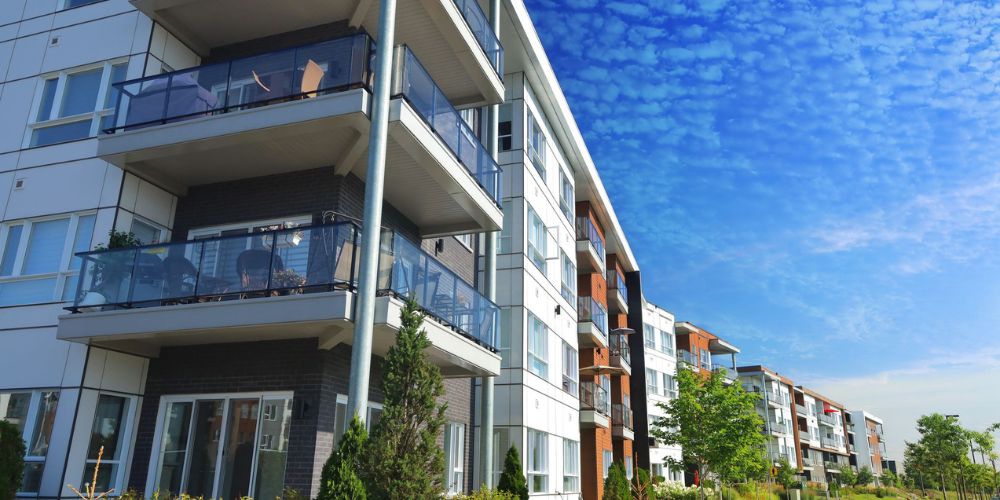
As mentioned, the condo association insurance policy covers common areas, everything outside your unit, and liability claims. The HOA master policy fee covers everything but your home or personal belongings.
HOA policy does not cover liability for any events inside your home or yard. Thus, you would need to purchase your condo insurance policy to protect your home/condo and belongings in case of a catastrophic event and to cover any legal fees from an accident that occurs on your property.
What Does Condo Insurance Cover?
You purchase condo insurance for your uni instead of a condo association insurance policy. This insurance covers the cost of repairs to your dwelling and the replacement of your possessions in the event of a fire, vandalism, or other perils listed on the purchased policy. You may also get coverage for legal fees if you’re found liable for a mishap on your property and medical expenses if anyone gets injured in your home or yard. Similar to a homeowner’s policy, you have two choices for personal property coverage: actual cash value or replacement cost coverage.
HOA Insurance Requirements
To begin with, the association needs to obtain general liability property insurance, which protects the structures themselves but not the items inside, which are covered by the inhabitants’ insurance policy. The next type, called regular liability insurance, covers injuries to visitors while they’re on the property, and it’s crucial to remember that this addition differs from general liability. Furthermore, a D & O (Directors and Officers) policy needs to be in place which covers the volunteers who are elected to the homeowners’ association.
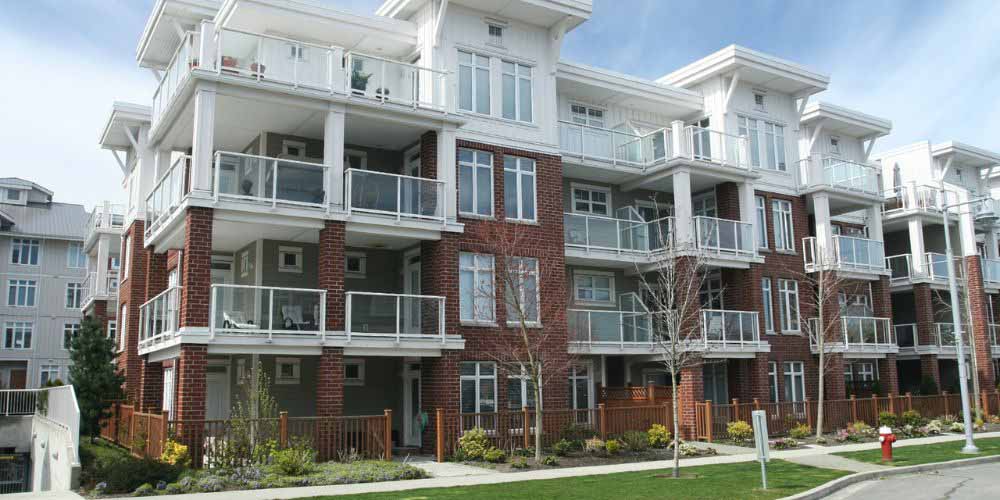
Also, suppose the HOA has a clubhouse or another area that’s rented out for weddings, parties, and other events. In that case, the property owner is required to carry social host liability coverage, especially if liquor is served at the gathering.
Homeowners Association (HOA) insurance requirements can vary depending on the specific condominium association and its governing documents. However, some common HOA insurance requirements may include:
- General Liability Insurance: HOAs often require the association to carry general liability insurance to protect against bodily injury and property damage claims that may arise from accidents or incidents on the common property.
- Property Insurance: The HOA may require property insurance to cover the building structures, common areas, and shared facilities owned by the association.
- Directors and Officers (D&O) Liability Insurance: This coverage is typically mandated to protect the HOA board members and officers from potential lawsuits related to their decisions or actions while managing the association.
- Workers’ Compensation: If the HOA employs workers or contractors, they may need to carry workers’ compensation insurance to cover injuries or illnesses that occur on the job.
- Fidelity Insurance: This coverage may be required to protect against theft or embezzlement of funds by employees or board members.
- Umbrella or Excess Liability Insurance: Some HOAs may demand additional liability coverage beyond the limits of the primary policies.
The HOA or condo association insurance policy, along with its add-ons, covers a broad spectrum of assets–from the employees who work on the premises to the structure(s) itself. And many potential legal issues are covered as well.
But all this coverage depends on the policy purchased by the association and the laws of the state. There might be some additional considerations or requirements based on local laws and regulations. The HOA board or management must work with a qualified insurance agent familiar with the area and HOA insurance to ensure that they have appropriate coverage tailored to their specific needs and local circumstances.
If you are looking for the right HOA policy at the lowest premium in Chicago, we can help you. The Abe GT Abe GT & Associates can help identify any Chicago-specific coverage considerations or endorsements that may be necessary to protect the HOA and its members effectively.
Feel free to contact us for all your insurance-related questions; our specialized HOA insurance agents will help you get the best coverage at the lowest premiums.

